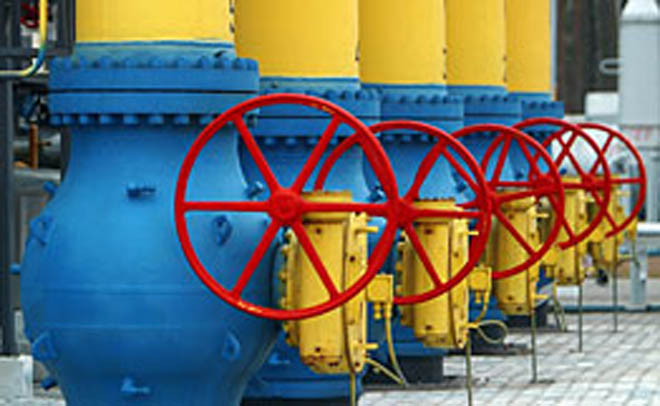Azerbaijan, Baku, November 29 / Trend /
Azer Ahmadbayli, Trend Analytical Center Expert
The main theme of a European gas conference held in Paris recently was that the big players of the European energy market are concerned over the issues of financing infrastructure projects and how to make these interconnected.
This is the key condition for free, transparent European gas market and strengthening of EU energy security. The concerns of the delegates were not groundless as financing of large infrastructure projects is expected to occur in the wake of a new rise of a global economic crisis and the debt problems of the Eurozone.
The absence of a clear understanding of the mechanism of the further operation of the European energy sector and its ability to implement a common strategy and contradictions in the legal provisions regulating energy operation in different countries, are the factors causing uncertainty and preventing investments in the gas industry.
Delegates said the creation of a competitive wholesale market in the EU requires 200 billion euros in investments. "However, budgets of private companies and state budgets of EU states are limited. It has now become difficult to get access to financing and that market operators will invest in the gas sector themselves is not a fact," a conference speaker reported. The existing uncertainty and, as a consequence, inability to reduce investment risks turn capital toward most liberalised fields such as, for example, renewable energy sources where repayment of investments and receipt of profits are guaranteed with the larger share of probability.
Similar scepticism was expressed at a meeting of the EU Energy Ministers in Brussels a week later when Johan Homman, Germany's Deputy Energy Minister, claimed that demands for assumed infrastructure projects to be financed by the EU are too ambiguous and uncertain.
French Energy Minister Eric Besson thinks it is not possible to establish or force a common European model for all EU member states.
Meanwhile, separate EU states and foreign investors have intensified attempts to cooperate in pending infrastructure projects. In particular, Bulgaria and Turkey recently agreed to conclude a political agreement that will see the construction of a 77-kilometre cross border gas pipeline with the throughput capacity of one to three billion cubic metres. Korea's KOGAS said it is eager to build a liquid natural gas terminal in Constanta, Romania.
Turkey's BOTAS and Bosnia's BH-Gas, signed a memorandum of mutual understanding in Ankara last week setting out cooperation in gas projects and purchase and transportation to South-eastern Europe via Turkey and Bosnia-Herzegovina.
The President of Bulgaria on his recent visit to Baku, also mentioned this, saying: "...it is quite essential for the State Oil Company of Azerbaijan (SOCAR) to enter the Bulgarian market to take part in the construction of Bulgaria's interconnectors with other European countries. In addition, SOCAR could have taken over part of Bulgaria's gas transport network to attach stability to our relations and supplies."






